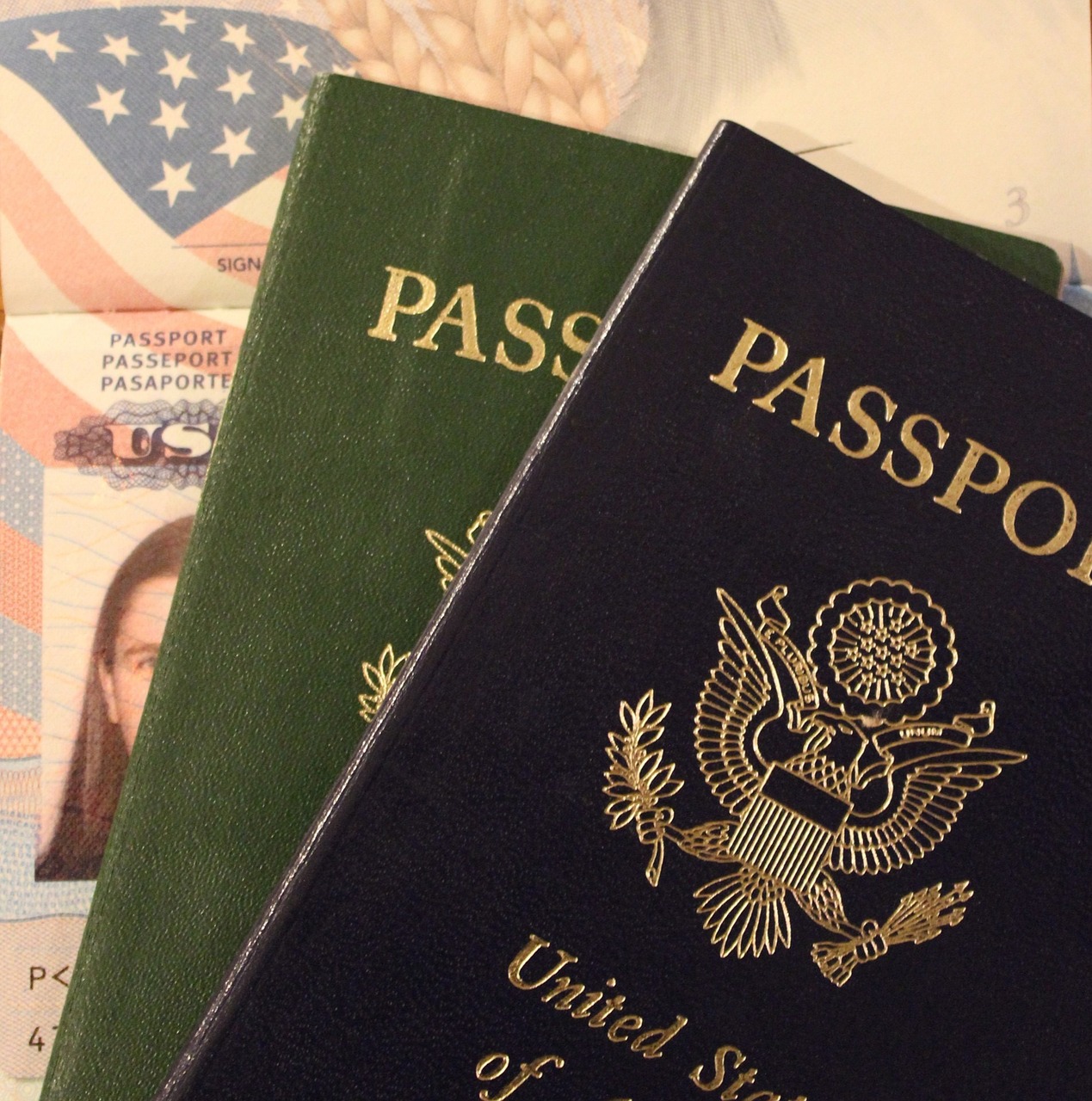What's the difference between a USCIS office and the asylum office? Hi, I'm Jim Hacking, immigration lawyer practicing law throughout the United States out of our offices here in St. Louis, Missouri, and San Diego, California.
We're still talking about asylum, and today we're talking about the asylum office. If you've ever been involved with anything immigration related, you know that there are field offices throughout the country. USCIS set up so that USCIS has field offices, which are smaller offices. It's the actual in-town office where people's immigration benefit applications are adjudicated, where you go for your interview. Say in Florida, you have one in Orlando, you have one in Miami, you have one in Tampa. You have lots of different field offices.
And then you have service centers. The service centers are the big processing places, the big sort of four or five national offices of USCIS, where a lot of the administrative work going along with the processing of applications, both for people here in the United States and for people overseas, is conducted. That's where they handle benefits like citizenship, green cards, employment-based green cards, the visa work. That's done at USCIS before it's sent to the national visa center. Those are the things done at the service centers and at the field offices.
The asylum office is separate. In the United States, we have eight asylum offices, and I think I can name them all. But the main ones are New York. Let's see if I can name them. New York, Newark, Miami, Arlington, Chicago, Houston, Los Angeles, and San Francisco. I think that's it. Those are the eight asylum offices. I might've missed one or misstated one, but basically, there are these other officers who also work for USCIS, but it's sort of a separate department. In the old days, it was very clear separation between the asylum office and USCIS. That's gotten a little bit muddled in the last few years. In the old days, the asylum office was kept on a separate computer system. Those files were sacrosanct. They were very hard for immigration officers to get. And there was sort of a clear wall between USCIS and the asylum office. That has sort of dissolved as the asylum offices have sort of been incorporated more into USCIS.
And I have a great friend down in Houston named Brian Manning who used to be an asylum officer. I should probably talk to him about that, about sort of the merging of the asylum offices and USCIS, but we've been seeing more and more of that. Now, you get your interview notices sort of in the same system that you do for your USCIS interviews. But these asylum officers are specially trained, so they have special training. They are separate from USCIS, and they are more attuned with how to handle an asylum case. You don't often see officers going back and forth from USCIS to asylum. If you're an asylum officer, you're an asylum officer. And to me, you're sort of held at a little higher level just because of the expertise that's involved.
When you're dealing with the asylum office, they're generally going to have a good understanding of A, the asylum process, B, what's persecution, and C, when you go to your interview, they're generally going to have the knowledge base about your country. You're not going to have to explain the basic country conditions, unless it's a country of which there haven't been a lot of people applying for asylum. For instance, with, let's say, the Chicago asylum office, they've dealt with tons of people from Iraq because a lot of people from Iraq or Syria have made claims for asylum, so the officers are going to be pretty familiar with the country conditions there. But then for more obscure countries, maybe smaller countries in Africa or something, they might have to get up to speed a little bit.
But in my experience, the asylum officers are a little bit more, not worldly, but more aware of conditions in the world. And for a frontline officer dealing with citizenship or green cards, they don't really need to know the situation on the ground in each of these countries. There's over, I think, 180 countries in the world, and regular immigration officers don't know that stuff. But the asylum officers, that's sort of all that they do. And it's interesting. The asylum offices all handle things a little bit differently, so obviously, we don't have an on asylum office in St. Louis. But what they'll do is they'll send down an asylum officer from Chicago down to St. Louis, and they'll clear out like two weeks worth of asylum applications for St. Louis, and they'll do that at the local field office. You'll see that sometimes. Other places, like in Chicago, they'll do asylum interviews for people from Michigan, but people from Michigan actually have to come.
I imagine there's some kind of mileage thing there or some other requirement or maybe it's just historical that the asylum offices send officers down to the field offices for interviews. You'll see that. There might be some confusion, but at the end of the day, you should know that there is still separation between the asylum office and USCIS. What you apply for and what you say in an asylum interview is supposed to be kept separate and secret. Federal employees can get in trouble for disclosing facts that are disclosed in an asylum application. And again, the asylum officers are going to be a little bit more aware of that.
If you're thinking about applying for asylum or if you have questions about the process, give us a call at (314) 961-8200. You can email us at [email protected]. Be sure to join us on our Facebook group, which is called Immigrant Home. And if you liked this video, we ask that you please share it out on social and that you subscribe to our YouTube channel. That way, whenever we make new videos, you'll get alerted right away. Every Tuesday and Thursday, we're live in our Facebook group and on our YouTube channel, and that's usually at noon central on Tuesdays and Thursdays. And then you can always find us on Instagram @HackingLawPracticeLLC. Thanks a lot, and we'll see you next time.








